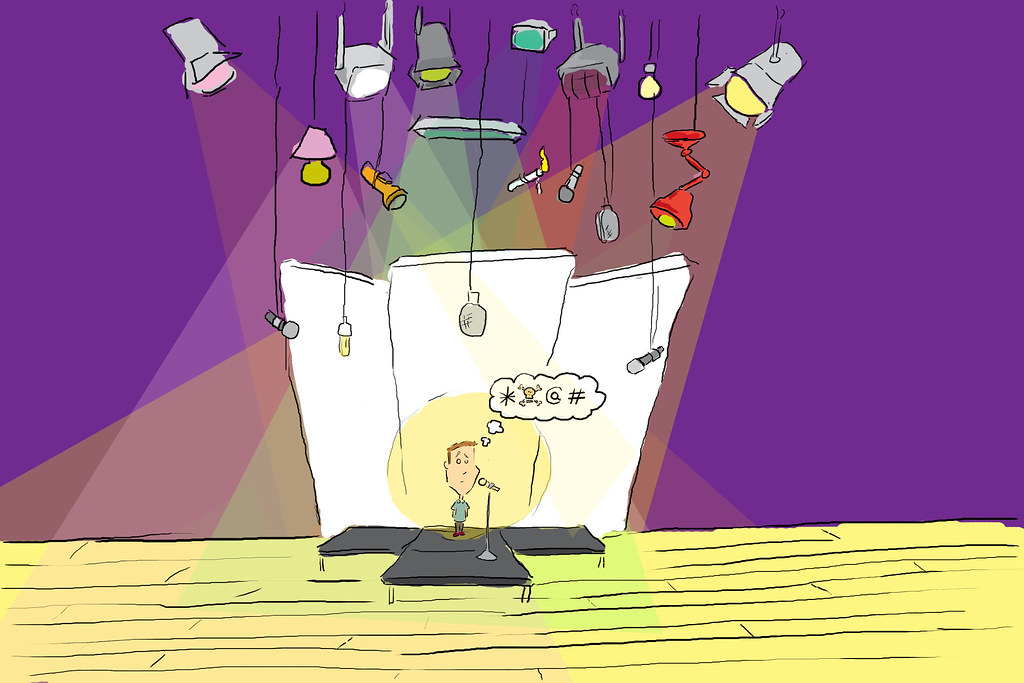Stage fright is caused by the fight or
flight response. Being well prepared can
help overcome this natural response from occurring. However, when it comes to
the actual presentation, you might still get nervous and experience stage
fright. These are some tips that you can use during the presentation in order
to ensure that it goes as smoothly as possible.
• Pauses: Take as many pauses as
possible. Though it might seem like it
is long to you, remember that for the audience, it is an opportunity to digest
the facts and figures that you are introducing to them. Taking a pause can help
you collect your thoughts and calm yourself during the presentation.
• Present your first sentence from memory: Although
you can have helpful hints to help you present, it is a good to present your
first sentence from memory. This makes you feel confident and starts off the
presentation on the right note.
• Maintain eye contact: Looking at a few friendly faces in the
audience will help you feel confident.
• Don’t read from your notes: Reading out
the entire presentation is not advisable. However, having a few hints to move
your speech along is a good idea in case you forget the content. Remember that if you get stuck, you can
summarize your points. Effective public speakers ensure that the main points
are effectively highlighted.
• Show enthusiasm: Interest and enthusiasm
in your chosen topic would be infectious and reflect in the audience.
• Use visual aids effectively: Visual aids
would encourage the audience to keep their attention on the presentation. This
will reduce your nervousness.
There are certain things that you can do
after the presentation in order to learn from your experience and end your
presentation on a good note, whatever your presentation may have been: encourage questions, end with a summary and
appreciation, review your performance, seek out feedback.
In my experience, the more I put myself in
situations where I had to speak in front of people, the more determined I
became to conquer this abstract but powerfully evil nemesis. I have made it my
life’s mission ever since that New Year’s party of 2007, when I sputtered
nonsensically, to read every bit of information that came my way that could
help. I have persevered at recognizing, analyzing, understanding and, to a good
extent, finding a way to overcome my stage fright.
https://www.flickr.com/photos/bitesizeinspiration/8695948108


